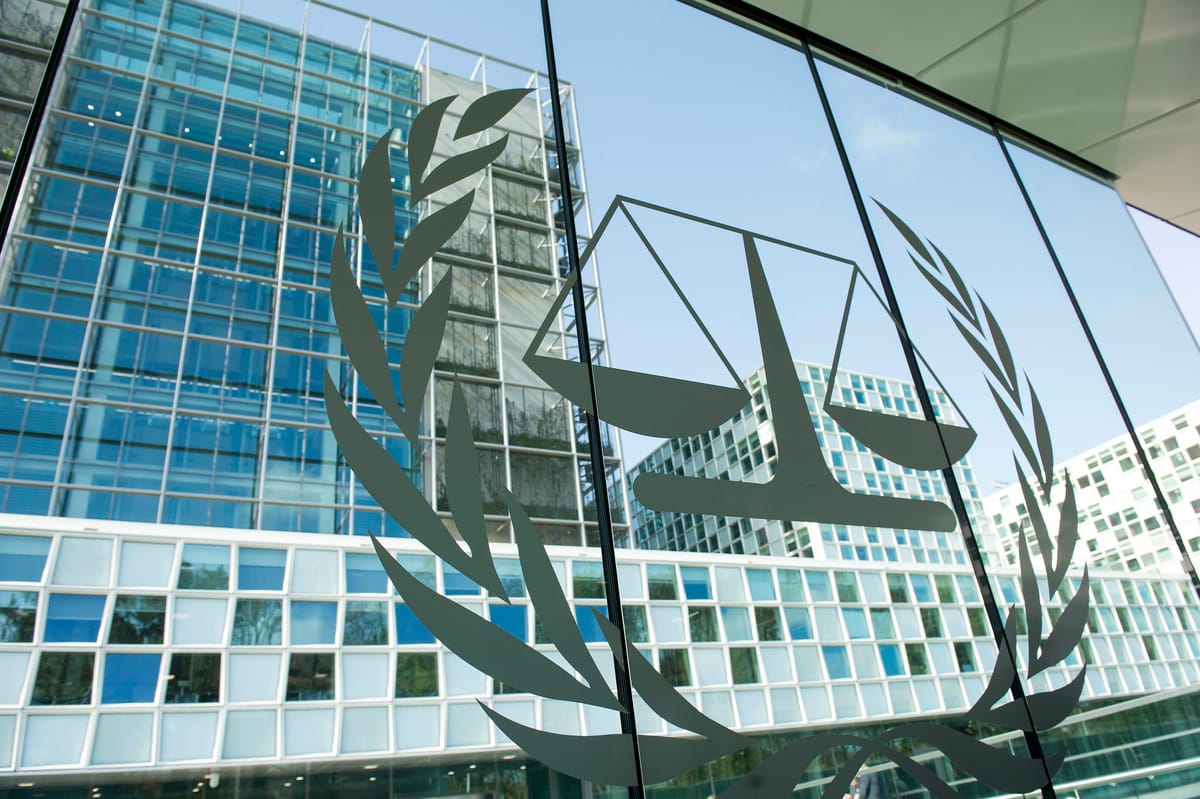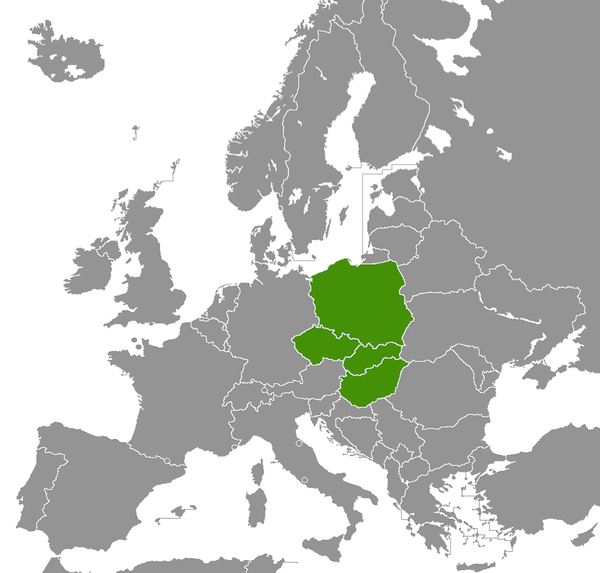
Hungary's decision to quit international court triggers diplomatic fallout
Hungarian Prime Minister Viktor Orban’s withdrawal from the International Criminal Court (ICC) “sends a signal that certain states will protect political allies regardless of the alleged crimes involved,” the Coalition for the ICC said on 18 June 2025.
Unprecedented move for EU member
Hungary’s withdrawal process will take effect after a one-year notification period, in accordance with Article 127 of the Rome Statute, which underpins the ICC’s jurisdiction to prosecute war crimes, crimes against humanity, and genocide.
If finalised, Hungary would become only the third country to exit the ICC, joining Burundi and the Philippines. Legal scholars have warned that leaving the court may damage Hungary’s credibility in ongoing EU legal disputes, particularly in the context of frozen cohesion funds.
Hungarian MPs approved the decision on 20 May 2025, some weeks after the state visit to Budapest in early April of Israeli Prime Minister Benjamin Netanyahu, who is subject to an ICC arrest warrant. The ICC has opened a non‑compliance procedure after Hungary did not arrest Netanyahu during his visit.
Earlier this month the European Commission (EC) launched a legal review to determine whether Hungary’s exit breaches EU values. Member states including Lithuania, Austria, Slovenia and Poland condemned the move. Lithuanian president Gitanas Nauseda said it “sets a dangerous precedent for impunity within the EU”.
Legal obligations remain in transition period
The exit comes as the EU ramps up support for ICC investigations in Ukraine and Gaza. Hungary’s divergence from this line may complicate bloc-wide foreign policy coordination.
As members give a year’s notice before withdrawal becomes effective, under the Rome Statute, Hungary remains bound to ICC obligations until 1 June 2026. The ICC opened a non-compliance procedure against Hungary after it failed to arrest Netanyahu during his visit
Speaking on 22 May, Orban claimed that the court had “lost credibility”, and criticised its arrest warrants as “politically motivated”. Government spokesperson Gergely Gulyas said Hungary would not “carry out politically loaded judicial acts”.
Alignment with ICC critics raises foreign policy questions
Hungary’s withdrawal aligns it with other ICC opponents, including Russia, Israel and the US under US President Donald Trump, whose administration imposed sanctions on ICC officials in 2020. Although these were lifted in 2021, Trump has resumed criticism since returning to office in January 2025.
The European Council on Foreign Relations (ECFR) said on 19 June that the withdrawal’s timing, just days after Netanyahu’s visit, constituted “a deliberate challenge to the international legal framework and EU consensus”.
Haven Hungary
Hungary has increasingly positioned itself as a diplomatic refuge for political figures facing legal scrutiny abroad. In November 2018, former North Macedonian prime minister Nikola Gruevski fled to Budapest after receiving a two-year prison sentence for corruption. Hungary granted him asylum and rejected Skopje’s extradition request. EU officials described the decision as politicised and inconsistent with EU values.
Last December, Hungary granted asylum to former Polish deputy justice minister Marcin Romanowski, who was under investigation in Warsaw for alleged misuse of public funds.Poland recalled its ambassador in protest and threatened legal action through the EC.
Policy analysts at Visegrad Insight and the European Stability Initiative say Hungary’s stance risks establishing a two-tier legal framework within the EU. Lawyers at Leiden University say Hungary’s failure to comply with ICC obligations during the transition period could have international legal consequences.
NGO Human Rights Watch on 16 June called Hungary’s withdrawal “an insult to victims and survivors of the world’s worst crimes”. Other NGOs Amnesty International and the International Federation for Human Rights said Hungary's exit undermines the international rule of law and post-war justice norms.





